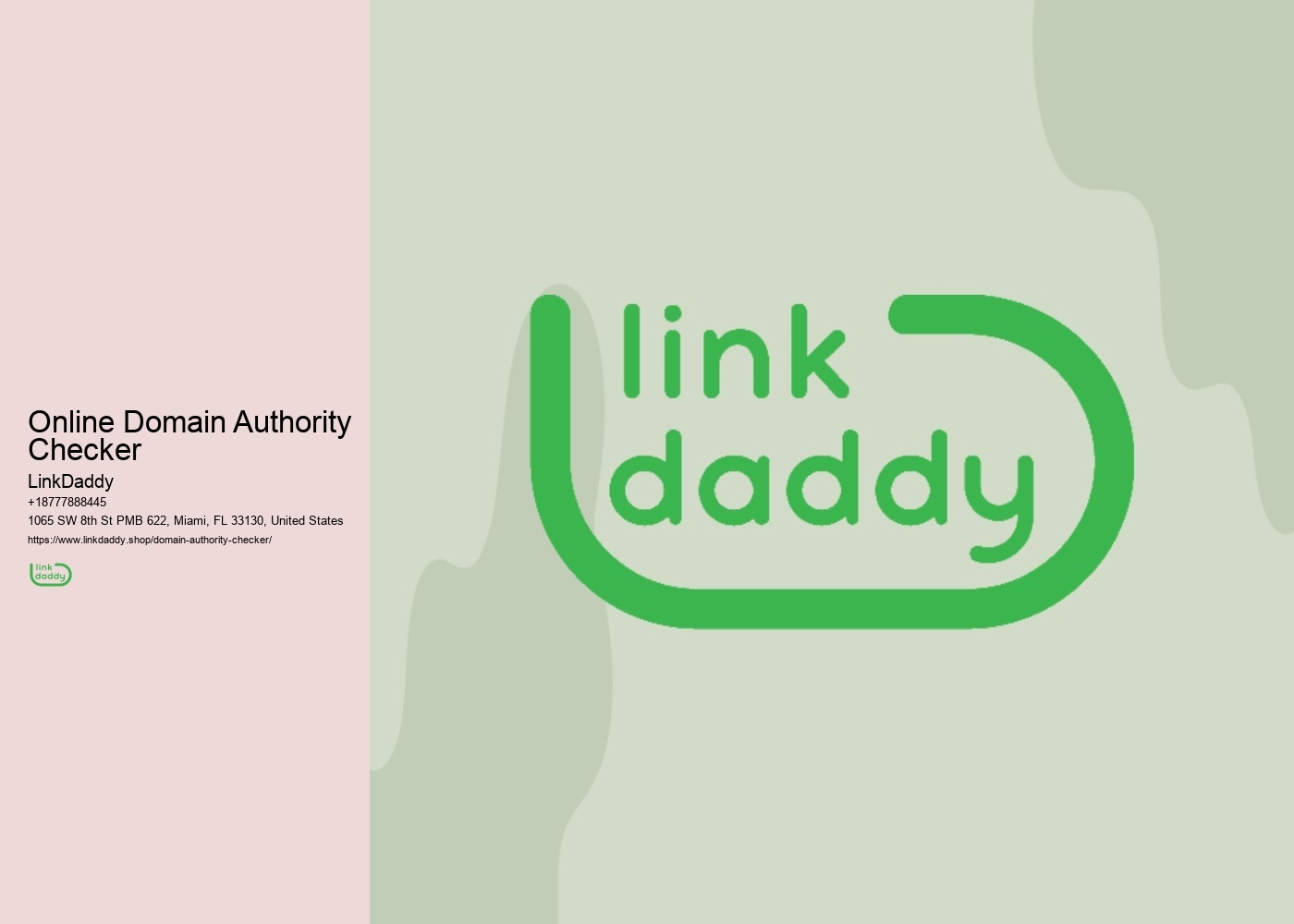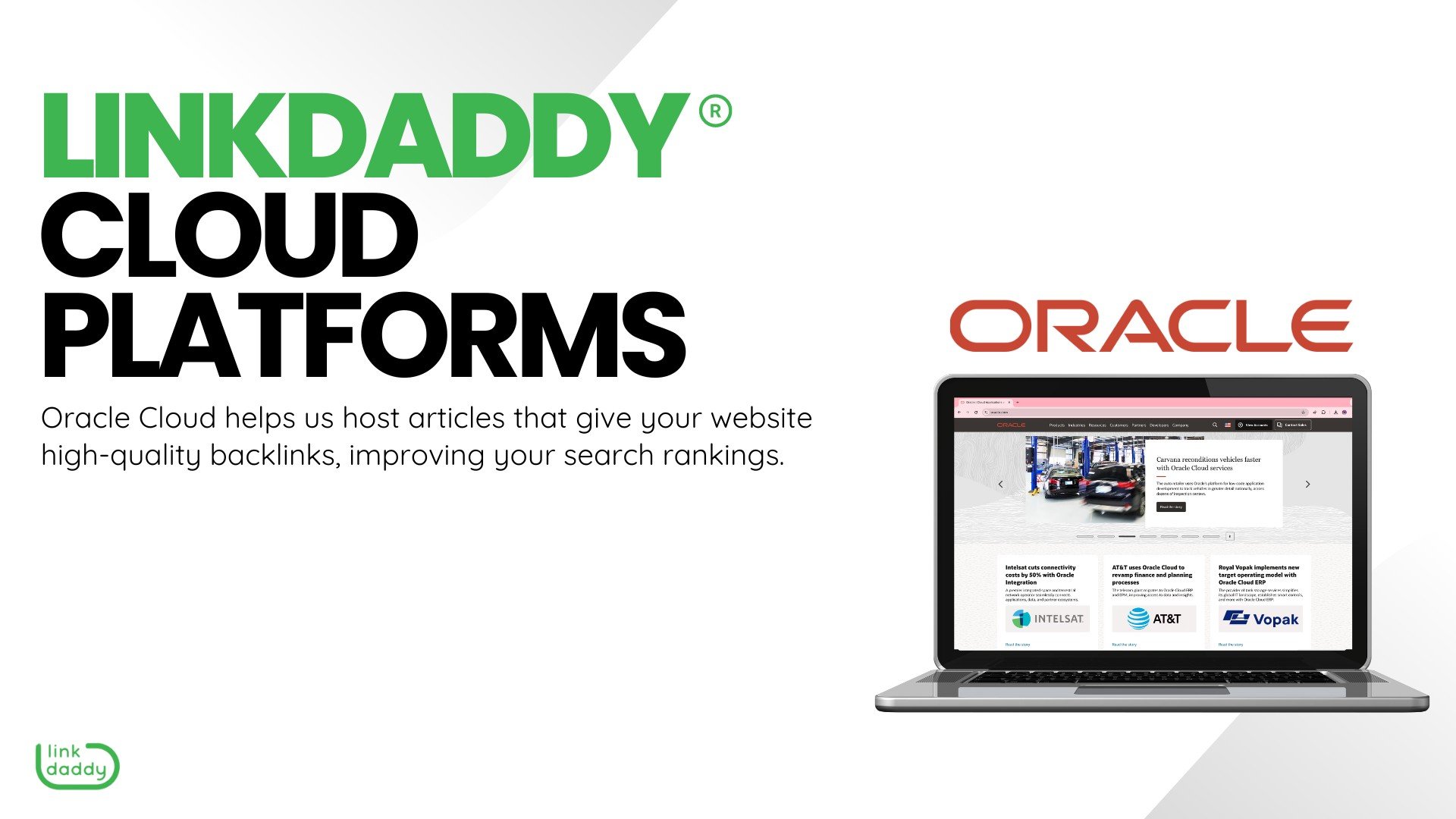Optimizing Cloud Services Influence: LinkDaddy Expert Insights
Optimizing Cloud Services Influence: LinkDaddy Expert Insights
Blog Article
Recognizing the Different Types of Cloud Services and Their Uses
In today's electronic landscape, the realm of cloud computer supplies a diverse variety of solutions that accommodate the needs of individuals and services alike. From Framework as a Solution (IaaS) to Software Program as a Solution (SaaS), each sort of cloud solution serves a distinct function and offers unique advantages. Comprehending the distinctions in between these numerous cloud versions is vital for enhancing operations, improving scalability, and making sure cost-efficiency in a significantly interconnected world. By discovering the nuanced capabilities and applications of each cloud solution, one can browse the complexities of cloud computer with accuracy and foresight.
Facilities as a Solution (IaaS)
Framework as a Solution (IaaS) offers customers with virtualized computer sources online on a pay-as-you-go basis. This cloud computing design supplies vital IT infrastructure such as online equipments, storage, and networking without the need for companies to buy and take care of physical servers and information centers. With IaaS, individuals can scale resources up or down based on their needs, supplying versatility and cost-efficiency.
Among the essential advantages of IaaS is its ability to quickly provision and deploy infrastructure components, making it possible for services to react swiftly to changing demands and market problems. By outsourcing framework monitoring to the company, organizations can focus more on their core organization tasks rather than managing the complexities of equipment maintenance and upgrades.
Furthermore, IaaS provides a high degree of integrity and safety and security, with providers commonly providing robust information back-up, catastrophe recovery, and cybersecurity procedures. This helps make certain that critical service operations stay nonstop and information remains safeguarded versus prospective risks. cloud services press release. Overall, Facilities as a Service improves IT procedures, enhances scalability, and lowers capital investment for businesses of all sizes
System as a Service (PaaS)
Structure upon the foundation of Framework as a Solution (IaaS), Platform as a Service (PaaS) uses an extensive atmosphere for developers to produce, release, and handle applications without the intricacies of underlying facilities administration. PaaS gives a platform with tools and solutions that simplify the growth process, allowing designers to concentrate on creating code and building applications as opposed to dealing with facilities concerns.

Software as a Service (SaaS)
Software as a Service (SaaS) changes the means services access and make use of software application applications by using them on a membership basis with cloud companies. This cloud computer version gets rid of the demand for organizations to maintain and install software on specific tools, as every little thing is organized and managed centrally in the cloud.
SaaS offers a cost-efficient solution for More Help organizations as they just spend for the software program they utilize without the included costs of equipment upkeep or software application updates. It additionally supplies scalability, enabling business to conveniently adjust their software program demands based upon their demands.
Furthermore, SaaS applications can be accessed from any gadget with a web connection, advertising collaboration and adaptability among remote groups. Security is a top concern in SaaS, with companies executing robust measures to secure information saved in the cloud.
Popular examples of SaaS include consumer connection management (CRM) software program like Salesforce, performance tools like Microsoft Workplace 365, and cooperation systems like Google Work space. SaaS proceeds to obtain traction in business globe because of its scalability, ease, and cost-efficiency.
Function as a Solution (FaaS)
With the development of cloud services like Software as a Service (SaaS) streamlining software delivery, Function as a Solution (FaaS) stands for a paradigm change in just how code is performed in a serverless atmosphere. FaaS permits programmers to create and perform private functions or pieces of code in feedback to specific occasions without the demand to handle the framework. This official source serverless computing model makes it possible for designers to concentrate only on creating code to execute particular performances, without concerning themselves with the underlying facilities or web server management.
Functions are implemented in stateless containers that are spun up and down as needed, making certain ideal source usage and cost-effectiveness. By abstracting the framework layer, FaaS simplifies development, speeds up time to market, and boosts total dexterity in deploying cloud-native applications.
Storage as a Service (STaaS)
An essential element in cloud computing, Storage space as a Service (STaaS) gives users with a effective and scalable service for taking care of information storage space requirements. STaaS permits companies to keep and obtain information from remote web servers via the web, getting rid of the demand for on-premises equipment. This solution provides adaptability by making it possible for customers to pay only for the storage space they make use of, making it a cost-effective option for businesses of all sizes.

STaaS is especially helpful for businesses with rising and fall storage space demands, as it offers a safe and secure and trusted storage service without the need for substantial upfront financial investments. By leveraging STaaS, companies can simplify their information monitoring procedures, enhance accessibility, and enhance data safety and security in an affordable manner.

Verdict
In conclusion, understanding the different kinds of cloud solutions and their usages is essential for individuals and companies looking to take advantage of the benefits of cloud computing. By using the right cloud solution, organizations can enhance their efficiency, scalability, and adaptability in managing their IT framework and applications.
From Framework as a Service (IaaS) to Software Application as a Solution (SaaS), each kind of cloud solution offers a special purpose and gives distinct benefits. universal cloud Service. By discovering the nuanced capabilities and applications of go to my blog each cloud service, one can browse the intricacies of cloud computing with precision and foresight
With the development of cloud solutions like Software application as a Service (SaaS) enhancing software program delivery, Function as a Service (FaaS) stands for a paradigm shift in how code is executed in a serverless atmosphere.In verdict, understanding the various types of cloud solutions and their usages is necessary for services and individuals looking to take advantage of the benefits of cloud computer. By utilizing the appropriate cloud solution, companies can enhance their effectiveness, scalability, and adaptability in managing their IT infrastructure and applications.
Report this page